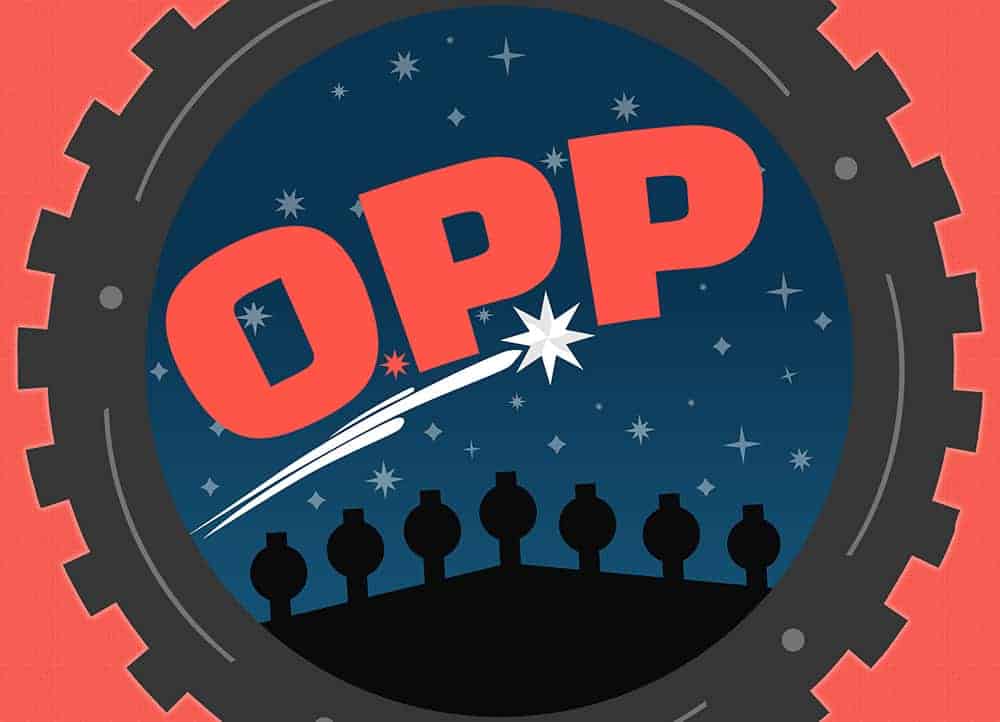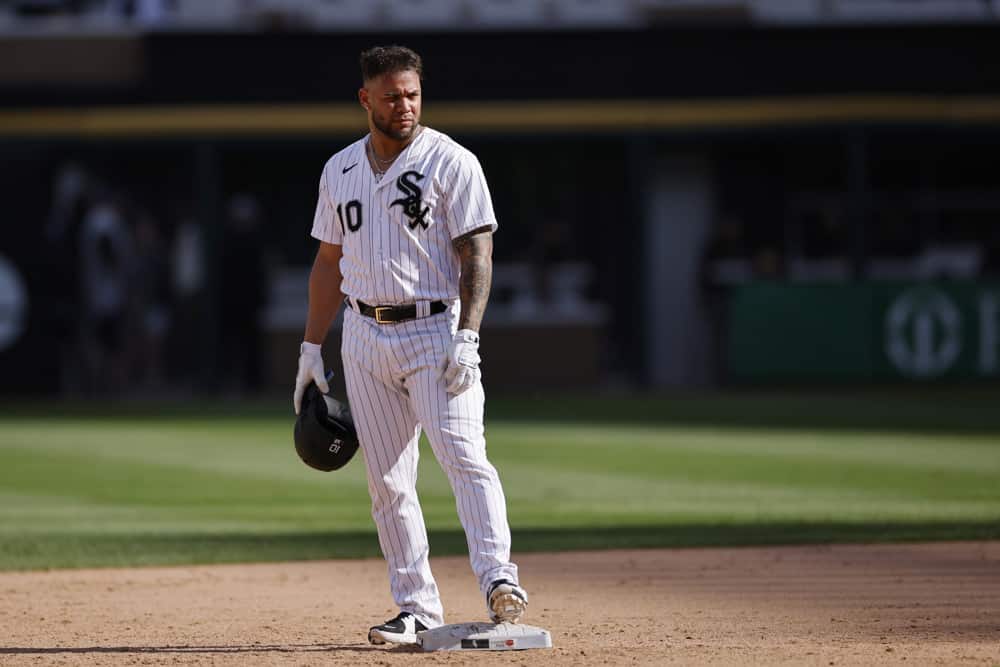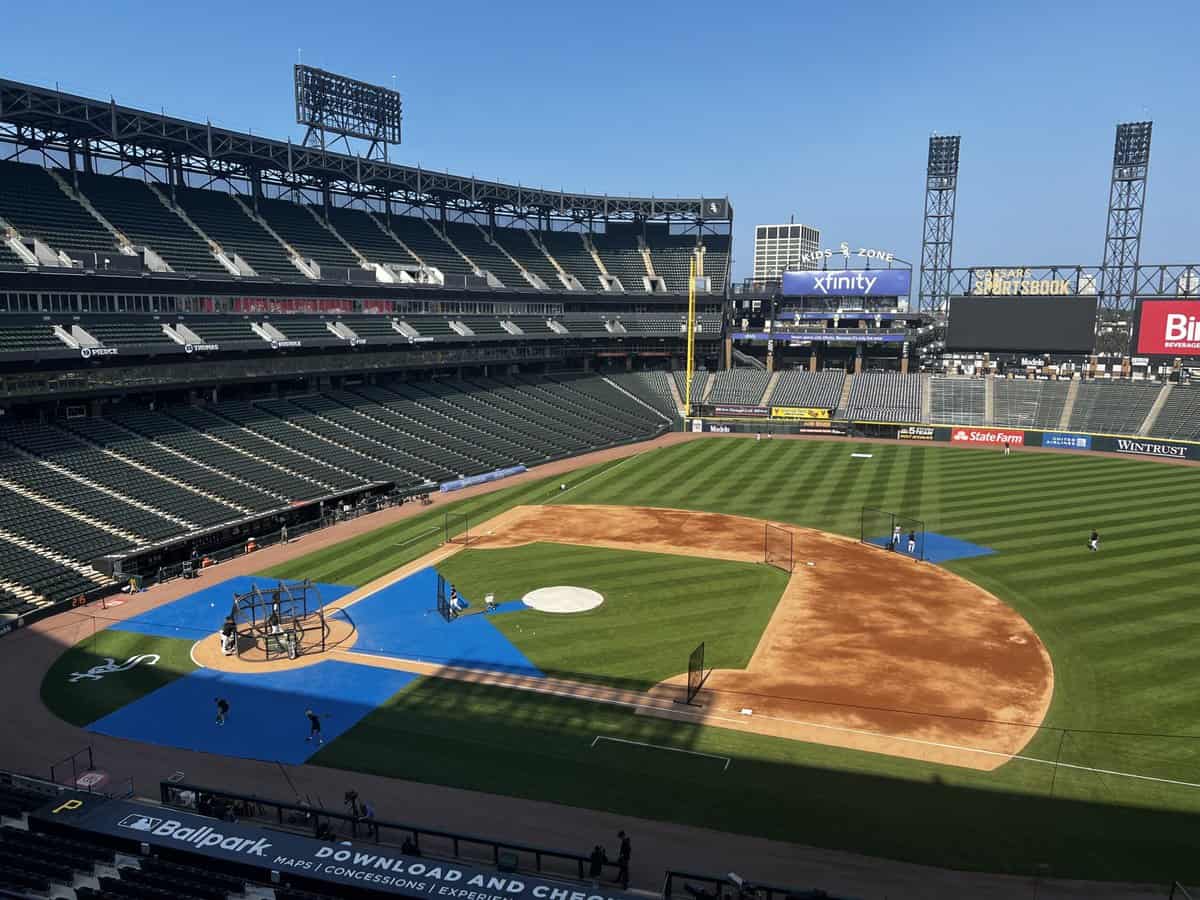The White Sox finally got around to announcing the Steve Cishek signing, and finally takes on even more weight if you take Cishek's word for how early the White Sox showed their interest:
“According to my agent, within five minutes after the World Series, the White Sox called and expressed some interest,” Cishek said in a conference call with reporters. “When you get a call that soon, you know the team is up to something.”
The White Sox reportedly came to terms with Cishek more than two months after the World Series ended, and after a whole bunch of relievers already signed elsewhere. That doesn't necessarily refute the White Sox's level of interest. Judging from the pace of relievers coming off the board, I'd guess it means they had a concrete understanding of his terms to where they could explore other avenues of relief pitching and come back to him when his market intensified.
However it happened, the Cishek signing makes it possible to say the White Sox avoided cutting corners in their attempts to improve any facet of the roster. Could they have taken bolder, more direct paths toward improving key areas? Certainly. The Sox don't have a great track record of getting older players to outrun their flaws.
Still, with the smoke starting to clear, there's reason to believe the team's power, plate discipline, defense, rotation and now bullpen have all taken steps forward, which is why the offseason feels more satisfying than the gap between the Sox and Twins would have you believe.
* * * * * * * * *
The Astros tub-thumping sign-stealing mess continues to unfold, enveloping Boston (where Alex Cora was fired) and spreading to New York (where Carlos Beltrán is trying to resist the same fate).
Reading various parsings of the initial punishments, there's a broad consensus that Houston owner Jim Crane got off easy. Jeff Passan says other teams have taken notice, but Rob Manfred wants silence.
Multiple ownership-level sources told ESPN that dissatisfaction with the penalties had emerged following a conference call with Manfred, in which he explained how the Astros would be disciplined, then told teams to keep their thoughts to themselves.
"The impression," one person familiar with the call told ESPN, "was that the penalty for complaining would be more than Houston got."
The story includes another team president who noticed that Crane never actually apologized for his team's actions, even though it should have reached his level. Here's Crane talking about the center field reconstruction at Minute Maid Park in 2017 that allowed for the dead-center camera angle the Astros use in their broadcasts, authorized and illicit.
(In hindsight, the given reasons for the camera relocation gave the game away: "The Astros had two reasons for making the change: They wanted to improve their accuracy in showing balls and strikes, and they wanted to better optimize the signage exposure behind home plate.")
Jeff Luhnow also didn't apologize for his role in the scandal. Sure, he "accepted responsibility" in the first paragraph of his statement, but he effectively spent the second paragraph saying, "Actually, I don't."
A.J. Hinch is the only one of the accused to salvage dignity thus far. Perhaps it's because the investigation showed his culpability was limited, and so he only had to apologize for not acting strongly enough, but he did so without overqualifying it.
Joe Posnanski connected the responses from Hinch and Luhnow with their roles in the report and wondered how it was possible that a manager could express documentable disdain for actions by his underlings, yet hold no sway over their continued usage.
We have to consider the third possibility — the thing that really fills the donut hole — that this whole thing was front-office sanctioned.
Add that one simple element, and suddenly you can understand why Hinch would have felt powerless. You can understand why he would only feel free to express his frustration by bashing the monitor. You can understand why he wouldn’t feel empowered to say anything even to his own bench coach, who was hired directly by Luhnow. You can understand why MLB would have suspended Luhnow for a year and why Crane would have fired him minutes later.
This goes back to the Astros culture that Manfred assailed in his report, and the way its impact is muted by the glaring lack of of punishment for the guy ultimately responsible for the direction of his club.
From here, we'll see which other teams this scandal entangles, starting with watching to see if Beltrán survives. He's in a somewhat sympathetic spot as the lone player named, but his role deserves scrutiny since he is now the manager of another big-league club. He hasn't yet been close to forthright about his role or shown a general understanding of right and wrong. The absence of that led the Astros and baseball to where we are today.
(Update: Beltran's gone.)
Speaking of which, I appreciated Craig Goldstein's post about how everybody might be better off in general if they stopped taking ethical lapses for granted, especially in competitive environments.
Beyond which, ethics are the basic underpinnings of our legal frameworks. Take the time to look up how many legal documents, doctrines, and concepts are grounded in and require “good faith.” We rely on the notion that the person across the table isn’t signing this contract or agreeing to this deal with express purpose of reneging on it. Similarly, any system that has “fair play” at the basis of it relies on the idea that all are entering with a willingness to abide by a code of conduct. Releasing bad actors from that code of conduct because their violations are “rational” isn’t acceptable. We must continue to aim higher with our ethical expectations as a means to reinforce and undergird the existing infrastructure. Without them, it will continue to crumble.





